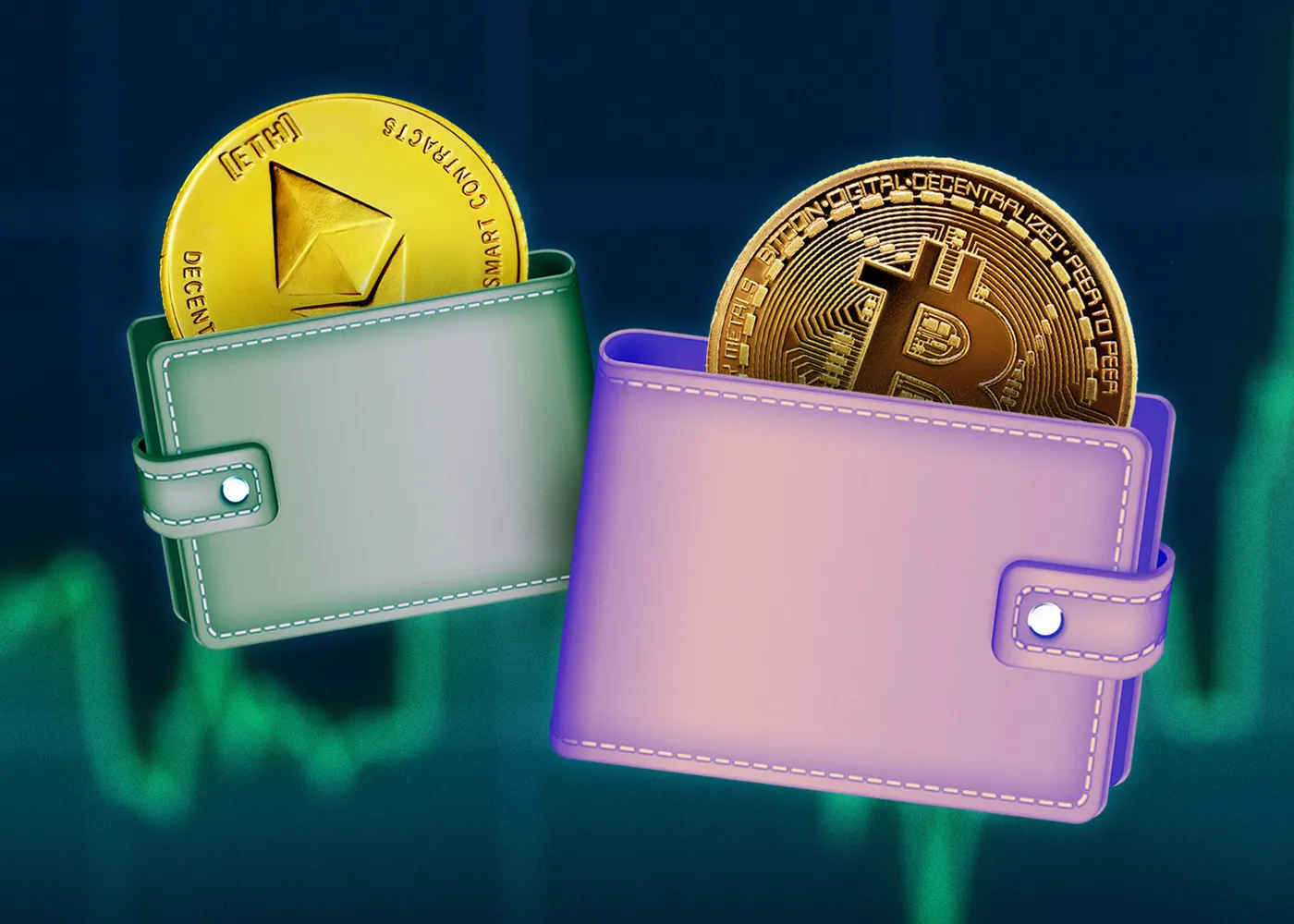Top 50 cryptocurrency
Wallet software is targeted by hackers because of the lucrative potential for stealing bitcoins. « Cold storage » simply means keeping the private keys out of reach of hackers by storing or generating them on a device that is not connected to the internet. https://techinapk.com/zanti-wifi-hacking-apk-free/ : ch. 4 : 39 The credentials necessary to spend bitcoins can be stored offline in a number of different ways, from simple paper printouts of private keys, to specialized hardware wallets. : ch. 10
A brainwallet or brain wallet is a type of wallet in which one memorizes a passcode (a private key or seed phrase). Brainwallets may be attractive due to plausible deniability or protection against governmental seizure, but are vulnerable to password guessing (especially large-scale offline guessing). Several hundred brainwallets exist on the Bitcoin blockchain, but most of them have been drained, sometimes repeatedly.
Two-factor authentication (2FA) is a way to add additional security to your wallet. The first ‘factor’ is your password for your wallet. The second ‘factor’ is a verification code retrieved via text message or from an app on a mobile device. 2FA is conceptually similar to a security token device that banks in some countries require for online banking. It likely requires relying on the availability of a third party to provide the service.

China cryptocurrency
Japan is open to crypto use, recognizing it as a type of money and as legal property. As such, crypto and yen transactions are both managed by the country’s Financial Services Agency, and citizens of the country are free to own or invest in crypto. The country has recently toughened its rules on sharing customer information between crypto exchanges, in an attempt to tackle money laundering.
China places an annual limit of $50,000 for the purchase of foreign currencies as part of its already strict capital controls. As such, the capital flight facilitated by cryptocurrency is especially notable.
Brazil’s central bank governor has since said he wants to impose tighter cryptocurrency regulation. This follows a near 45% rise in Brazil’s cryptocurrency imports in January to August 2023 compared with a year earlier, representing a total of 7.4 billion USD.

Japan is open to crypto use, recognizing it as a type of money and as legal property. As such, crypto and yen transactions are both managed by the country’s Financial Services Agency, and citizens of the country are free to own or invest in crypto. The country has recently toughened its rules on sharing customer information between crypto exchanges, in an attempt to tackle money laundering.
China places an annual limit of $50,000 for the purchase of foreign currencies as part of its already strict capital controls. As such, the capital flight facilitated by cryptocurrency is especially notable.
Cryptocurrencies
In February 2014, the world’s largest bitcoin exchange, Mt. Gox, declared bankruptcy. Likely due to theft, the company claimed that it had lost nearly 750,000 bitcoins belonging to their clients. This added up to approximately 7% of all bitcoins in existence, worth a total of $473 million. Mt. Gox blamed hackers, who had exploited the transaction malleability problems in the network. The price of a bitcoin fell from a high of about $1,160 in December to under $400 in February.
On 17 February 2022, the Department of Justice named Eun Young Choi as the first director of a National Cryptocurrency Enforcement Team to help identify and deal with misuse of cryptocurrencies and other digital assets.
Regulators in several countries have warned against cryptocurrency and some have taken measures to dissuade users. However, research in 2021 by the UK’s financial regulator suggests such warnings either went unheard, or were ignored. Fewer than one in 10 potential cryptocurrency buyers were aware of consumer warnings on the FCA website, and 12% of crypto users were not aware that their holdings were not protected by statutory compensation. Of 1,000 respondents between the ages of eighteen and forty, almost 70% wrongly assumed cryptocurrencies were regulated, 75% of younger crypto investors claimed to be driven by competition with friends and family, 58% said that social media enticed them to make high risk investments. The FCA recommends making use of its warning list, which flags unauthorized financial firms.
